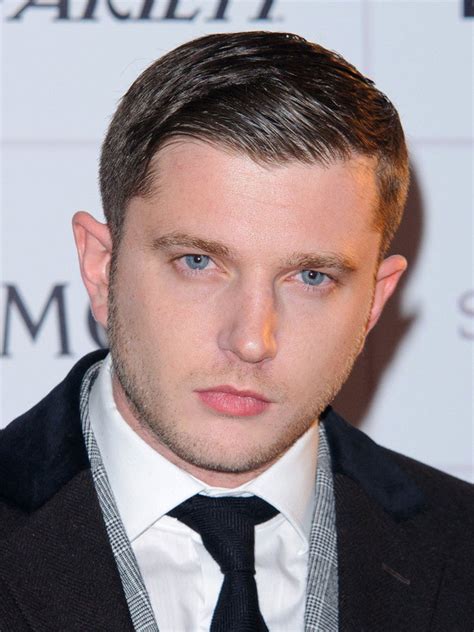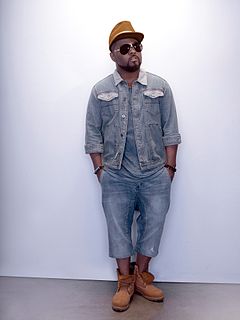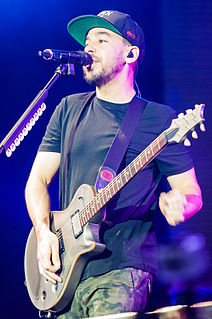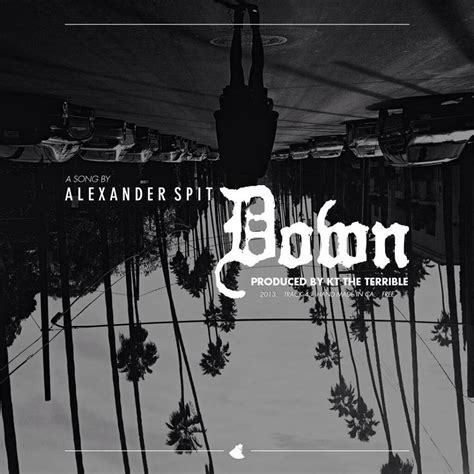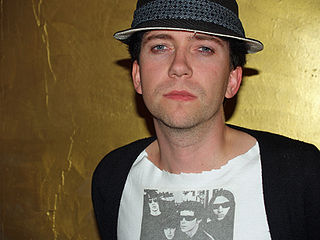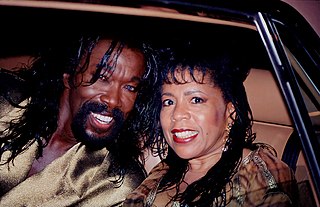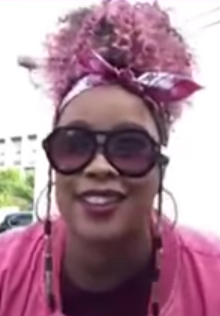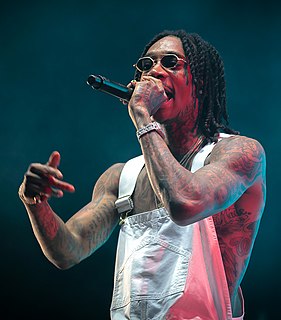A Quote by Ben Drew
I love the way I make hip-hop and I refuse to make pop-rap. I don't refuse to make mainstream music, which is why I did a soul record. There was no reason why soul music couldn't get played on the radio and I still wanted to have a relationship with my record label. So, I really enjoyed doing the Strickland Banks album. But there's no point in my trying to release underground hip-hop music on a major label. That part of my talent, or part of my art, had to live somewhere else and feature film was the perfect vehicle for it.
Quote Topics
Album
Art
Banks
Did
Doing
Else
Enjoyed
Feature
Feature Film
Film
Get
Had
Hip
Hip-Hop
Hop
Label
Live
Love
Mainstream
Major
Make
Music
No Point
No Reason
Part
Perfect
Played
Point
Pop
Radio
Rap
Really
Reason
Reason Why
Record
Record Label
Refuse
Relationship
Release
Somewhere
Somewhere Else
Soul
Soul Music
Still
Talent
Trying
Underground
Vehicle
Wanted
Way
Which
Why
Related Quotes
Hip hop music and soul music have been the two main motivators for me musically. The music I make is hip hop soul, but I do make r&b music as well. I don't think I make r&b music to the point where I'm accurately categorized. There's more to what I have to offer and offer in the future. People could choose to respect it or not, but I pray that you do. As long as you get it, support it, and pay for it, it doesn't really matter.
In this time, we incorporate money and media, and it's split up like apartheid, where when you say "hip-hop," you think just rap records. People might have forgot about all the other elements in hip-hop. Now we're back out there again, trying to get people back to the fifth element, the knowledge. To know to respect the whole culture, especially to you radio stations that claim to be hip-hop and you're not, because if you was a hip-hop radio station, why do you just play one aspect of hip-hop and rap, which is gangsta rap?
My definition of hip hop is taking elements from many other spheres of music to make hip hop. Whether it be breakbeat, whether it be the groove and grunt of James Brown or the pickle-pop sounds of Kraftwerk or Yellow Magic Orchestra, hip hop is also part of what they call hip-house now, or trip hop, or even parts of drum n' bass.
To me, that's the biggest problem with hip-hop today is the fact that everyone believes that all of hip-hop is rap music, and that, when you say "hip-hop," it's synonymous with rap. That when you say "hip-hop," you should be thinking about breakdancing, graffiti art, or MCing - which is the proper name for rap - DJing, beat-boxing, language, fashion, knowledge, trade. You should be thinking about a culture when you say, "hip-hop.".
Hip-hop music in general kind of revolves around singles, and I appreciate that mindset, but at the same time, I wanted to go beyond that. It's not like I was intending to make a classic record - I mean, I'm always trying to make timeless music, but I really just tried to reference the music that on a road trip you can put in and not have to skip a track.
The key moments in your life are when you realize how exciting music can be, like when you hear Nevermind for the first time. I grew up in the '70s and '80s. I was introduced to hip-hop when it first came out. Hip-hop music will always be my first love. That's why I love playing the drums. Any day of the week, I would rather listen to a hip-hop album than a rock album.
I think I can see people wanting to hear more music-music now as opposed to all hip-hop. You know, which I have nothing against hip-hop. I think some of it is really good. But on the other hand, some of the real great artists are just being lost because they're not getting the airplay or anything to make them inspired to record again.
